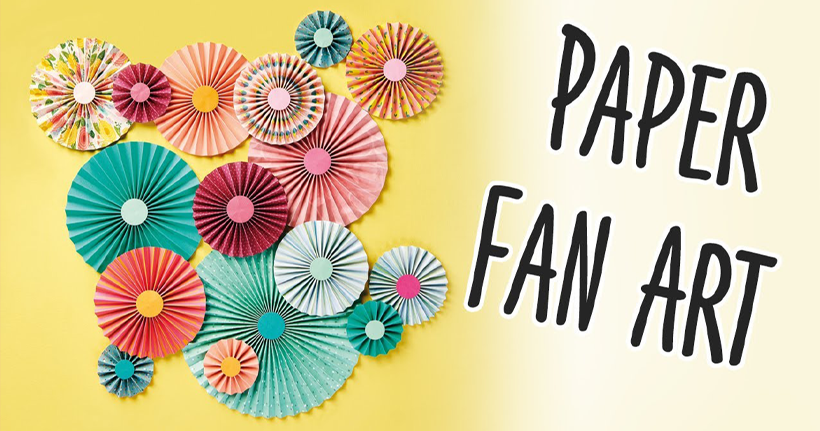_600_338_s_c1.png)
Celebrating Excellence: Winners of the Creative Book Awards 2024
Check out which craft titles have been voted the best in the biz by our esteemed judges
Karolina Merska talks about practising a cherished tradition
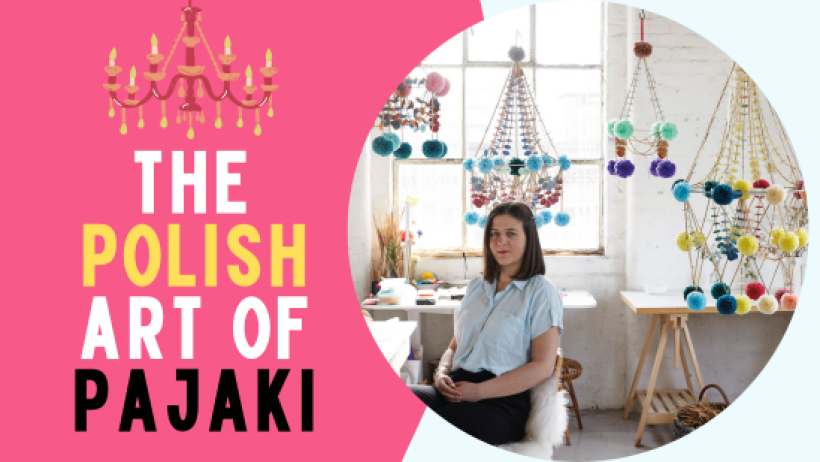
Different cultures breed different variations of the things we know, live and love, and one of the great joys in writing for a crafting magazine is being introduced to and enriched by those permutations on a regular basis. There’s no other word to describe how I felt after seeing Karolina’s take on pajaki, the most vibrant paper chandeliers you could ever hope to see. Karolina was similarly taken aback when she discovered this crucial part of Polish crafting history herself.
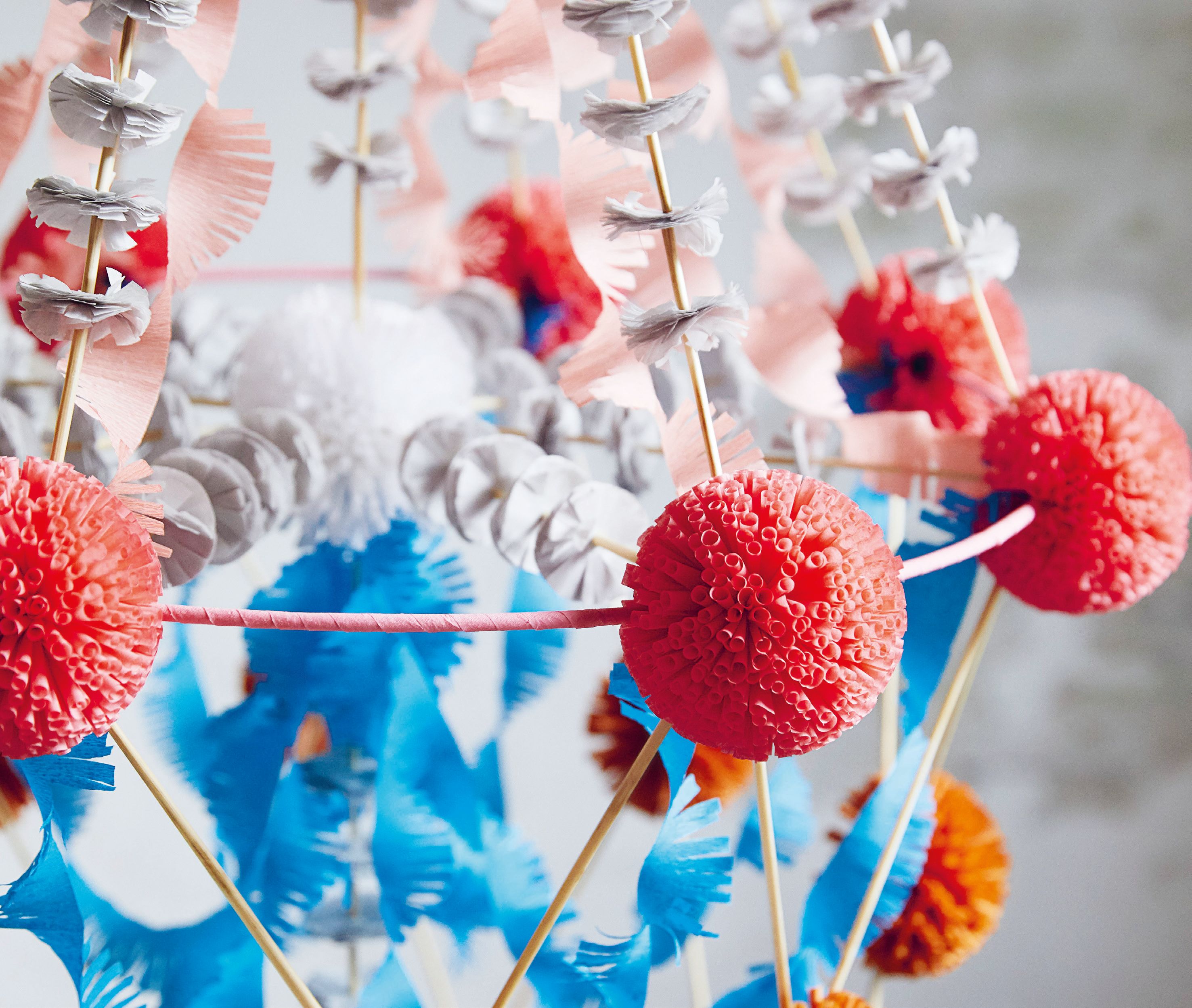
“I first saw pajaki inside a traditional wooden house in an open-air museum, and it’s become an obsession. Ever since then, the image is rooted in my mind. They’re unique, and almost forgotten in Poland. They’re not just colourful decorations – for me they are stories, hanging proof of people’s beliefs. It’s an important part of my Polish heritage and I wanted to share my love for them, and revive them in London after I moved here.” Karolina first started making pajaki seriously in 2015, but had been thinking about the prospect for a while. “I’d been too busy with other projects and getting the materials wasn’t easy in London, especially rye straw. I spent one summer in the Polish countryside where I managed to gather a little bit. Eventually, I started making them when I came back. I didn’t have a studio at the time, so my bedroom was covered in pieces of straw and paper-cuts, and the ceiling was full of colourful pajaki.”
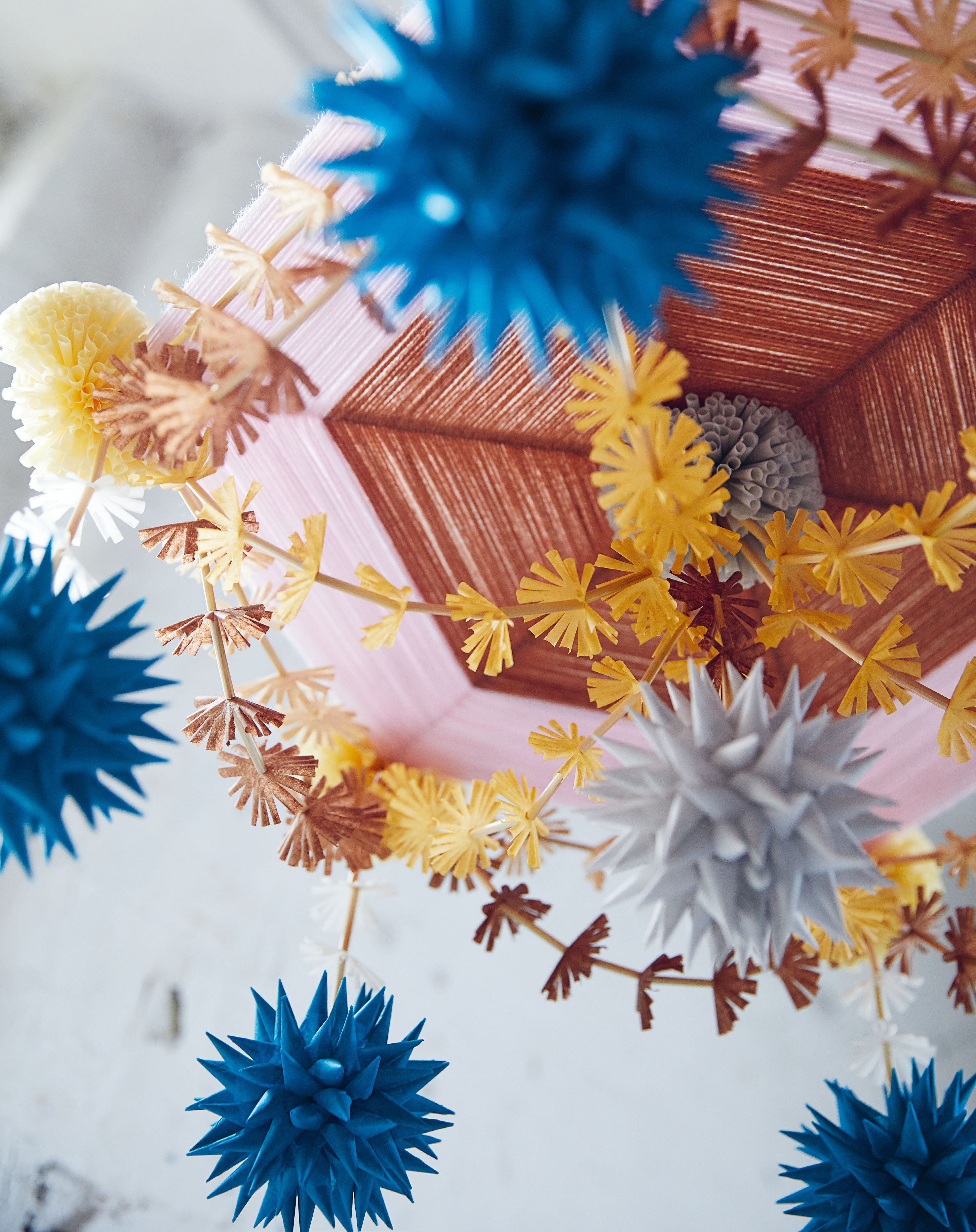
“My first attempt was a little bit of a disaster and a laugh. I did research on different designs and collected lots of beautiful archival images, but there were no books or tutorials on how to actually make them. So I started to build my own versions inspired by photos I had. I spent a couple of days building and threading a geometrical structure. It looked perfect and beautiful lying flat on a table, but as soon as I lifted it up the whole thing collapsed. It was a good lesson as I realised how important it is to have a strong interior foundation. Happily, later that year I had a chance to meet folk artists in Poland and improve my skills. I learned how to build different structures and women shared their secrets with me on how to make more complicated paper flowers.” Karolina goes into more detail on the artists she met, and just how seismic an impact they had on the creation of her pajaki primer, Making Mobiles. “I met Helena, Zofia and Józef during my travels to Poland. Meeting artists who still make pajaki is an important part of my practice. Through their stories I learnt a lot about traditional folk art. Helena lives in my hometown Lublin; her collection of handmade paper Christmas decorations are amazing, and she showed me some unusual pajaki shapes. Zofia represents the Kurpie region, famous for its rich folklore. Her paper flowers are perfect. I also offer the story of Józef who lives in the Tatra Mountains. He used to help his grandmother make paper decorations, and I share his unique pom-poms within the book. These three stories about the artists are the most important part of the book for me. They each taught me something new.”
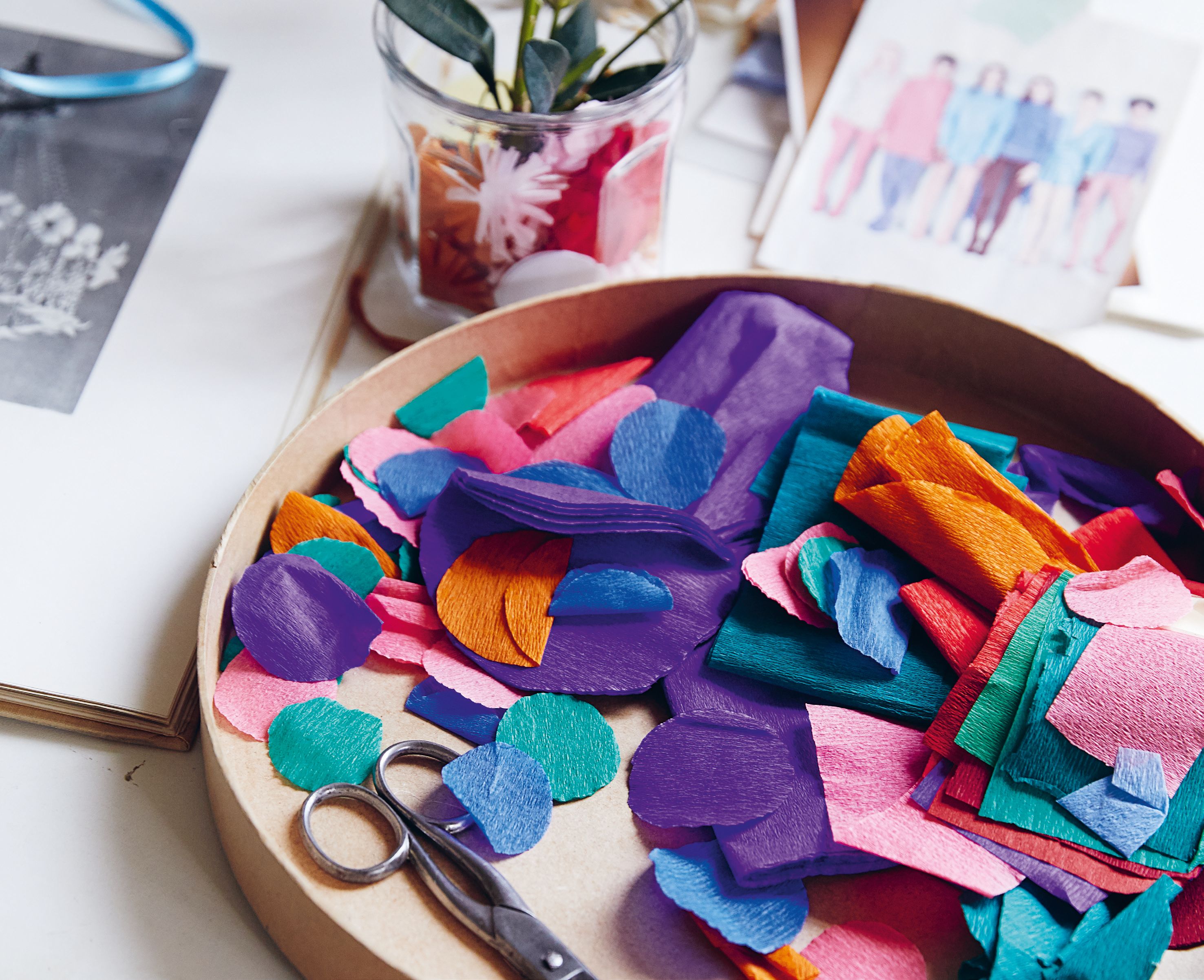
With Making Mobiles, you can tell this is more than just a passion project for Karolina. You can tell, in fact, that she sees it almost as a duty to her country, an attempt to preserve an art she is worried will fade away. “I hope my book will help revive the craft of pajaki and introduce Polish folklore to a wider audience. My wish is for readers to find the book inspiring and to try and make their own designs. We created a special #lovemakingmobiles hashtag so please share your projects with me! My ultimate dream is to see pajaki hanging in new homes all around the world.” This passion pivots nicely into Karolina’s great joy, the act of putting on a workshop – a passion she’ll be able to reignite fully now lockdown is easing. Judging by her enthusiasm (which is already abnormally, infectiously high) it’s going to be a game-changer.
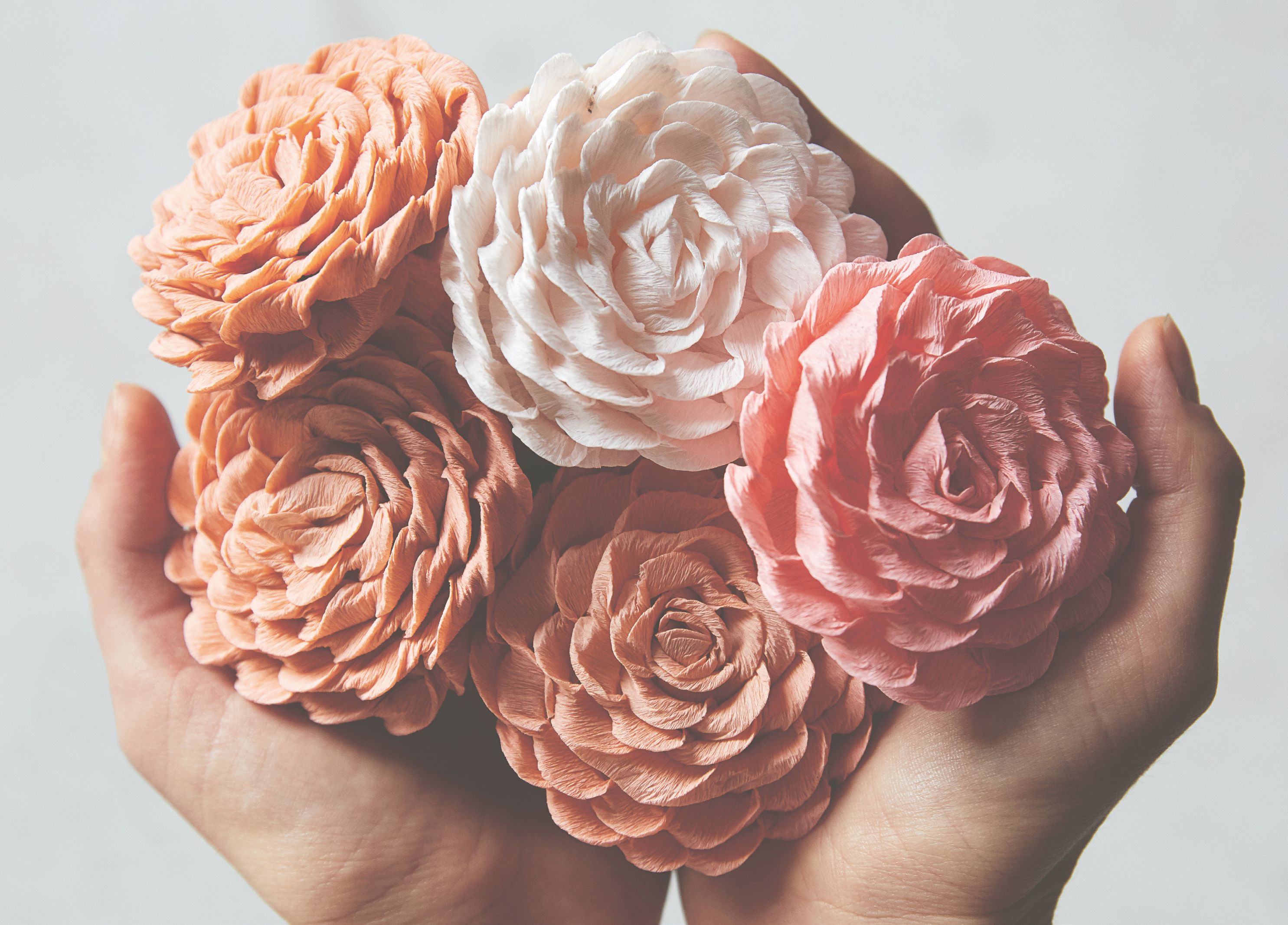
“I love running workshops!” she enthuses. “Pajaki are very time-consuming so usually they last around eight hours. We stay together, talk while cutting paper and folding pom-poms. It feels therapeutic. I imagine in the past, our ancestors used to do the same.” She smiles. “I feel most happy and proud when I see that a student of mine keeps making pajaki after attending my class. I know from experience, it takes so much time to create them, and we’re all so busy – I really appreciate that people find time to help keep the Polish art of pajaki alive.”
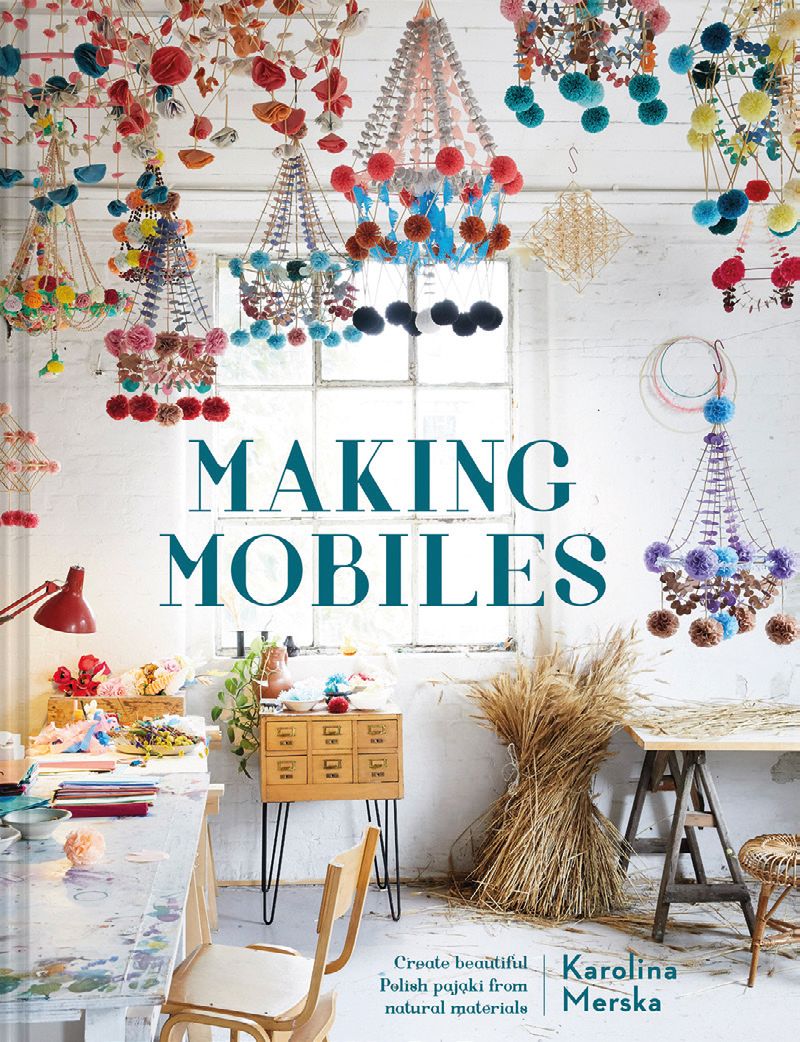
Get your copy of Making Mobiles by Karolina Merska (£20, Pavilion Books) at pavilionbooks.com
_600_338_s_c1.png)
Check out which craft titles have been voted the best in the biz by our esteemed judges


*Advertorial*
Taking your festive designs and makes to the next level has never been easier with the Brother Design n Craft printer. Using cutting-edge technology, it guarantees a professional, full-colour finish...


